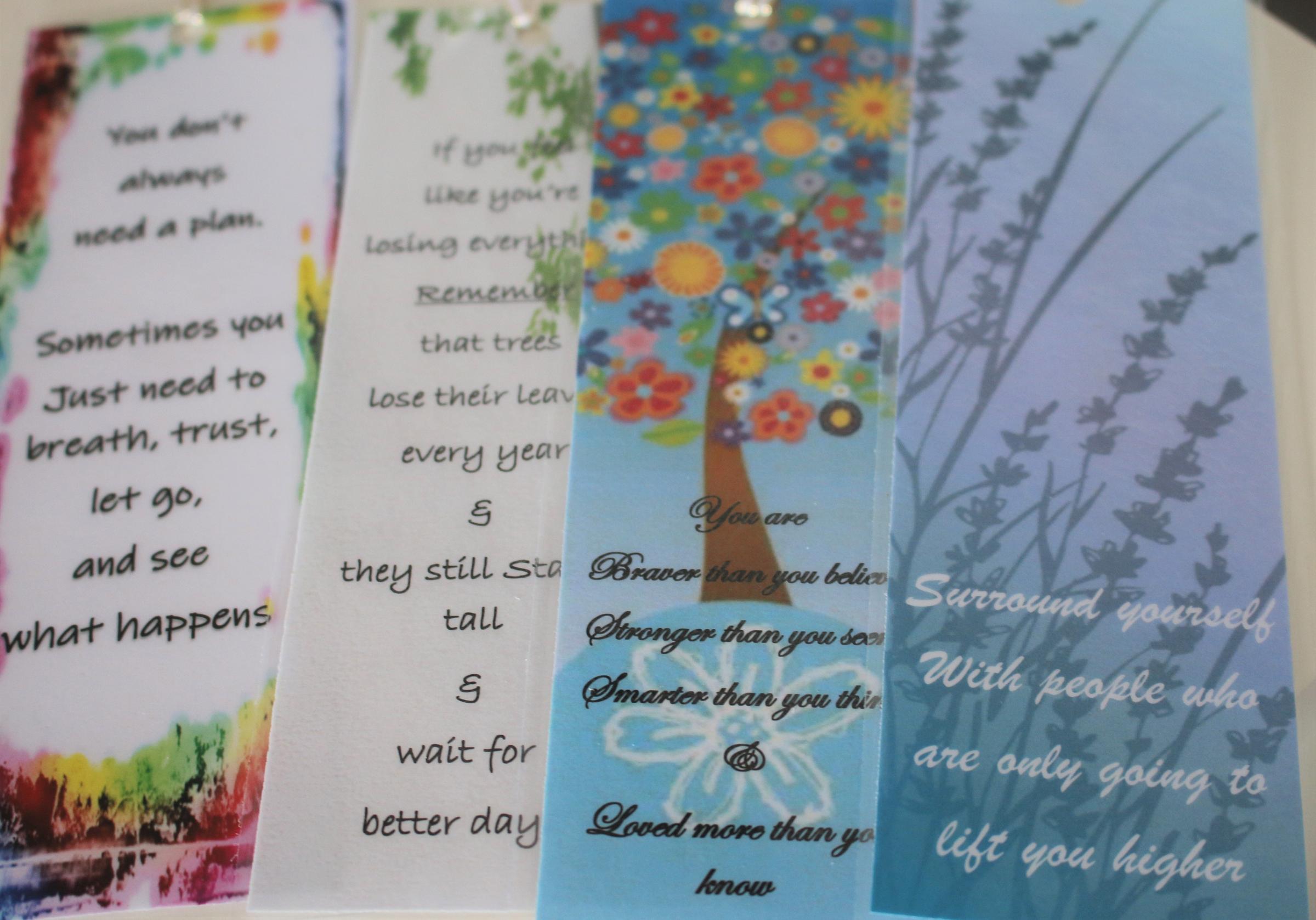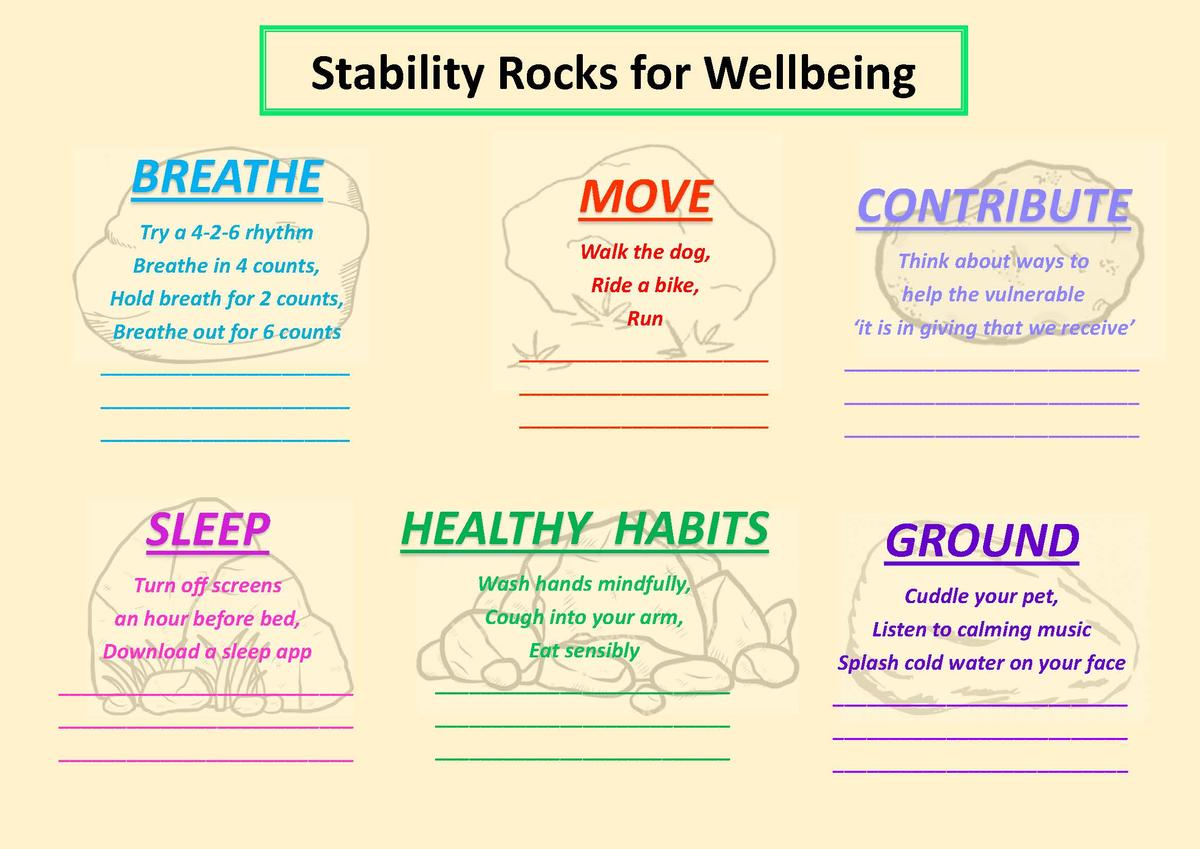Deputy Principal - Student Development and Wellbeing

What do our Students Need Right Now?
I challenged the Pastoral Guardians to reflect on the perceived needs of their cohorts to ascertain what they believed each of the year levels needed right now. You can read their responses in the pages that follow, all of which are pertinent to the needs of the age group for which they are responsible.
We are noticing an increase in the number of students struggling with the everyday. There seems to be a tiredness that is permeating responses and the ability to cope.
The Warning Signs:
• Irritability
• Losing patience
• A sense of urgency
• Difficulty sleeping
• Inability to focus
• Catastrophic thinking
• Ruminating
• Eating or drinking more than usual
If these signs are becoming all too common in your household, you may need to consider sitting down with your child and having a conversation about what is going on for them. This year’s uncertainties may well be playing havoc on their mental health, or they may be responding to the difficulties that you are facing in being able to cope with the lack of constant in your life. As adults, we are not immune to the consequences of uncertainty.
In a time of uncertainty the best course to follow is to develop consistency. Everyone needs to be able to rely on the constants and routines in their lives and, if we don’t have them, we need to develop them.
As Reach Out suggests: "You can’t prevent a storm from happening, but you can pack an umbrella". Mindfulness is one way that can help us improve at recognising and understanding our own personal signals that tell us we’re close to our tipping point - it is like our own personal ‘fear and anxiety thermometer’. Once we recognise the warning signs, mindfulness allows us to consider the steps needed to bring us back to clear thinking and better decision making and to develop some prevention strategies.
Prevention:
In a recent presentation to staff on Wellbeing Matters I encouraged each teacher of a Home Room to talk with their students about stability rocks that are necessary for wellbeing. All teachers have been encouraged to have conversations with their Home Rooms to add ideas that are most appropriate for each individual in the Home Room. Is there something that you would add to the list to help ensure that your children have constants in their lives? As I suggested to the staff, there is no point talking with students about the necessity of their support mechanisms unless they are role modelling them themselves. How much better will you feel if you can create these constants in your lives and possibly do these moments with your children?
Stability Rocks for Wellbeing
Breathe – Try a 4-2-6 rhythm. Breathe in for four counts, hold breath for two counts, breathe out for six counts.
Move – Walk the dog; ride a bike; dance like no one is watching (in your own home of course).
Contribute – Think about ways to help others; If you are a child, what can you do to support your parents? Grandparents? Cook a meal! Make a cup of tea! Clean your room!
Sleep – This is a repeater! We know that sleep is the number one necessity for supporting a healthy mind and body. Turn off those screens and get them out of the bedroom.
Healthy Habits – Wash hands mindfully, sanitise, stay home if sick; plan your meals for the week including what you will be bringing for lunches. Make sure breakfast fits into your routine.
Ground – Every now and then we all need to stop and smell the roses or cuddle our pet; listen to calming music; splash cold water on your face.
As stated earlier, the above suggestions are merely that. Each of us has our own ways of developing constants in our lives, but the important thing is to do them and do them often, by making them the certainties that exist within these times of uncertainty.
Annette Butterworth


